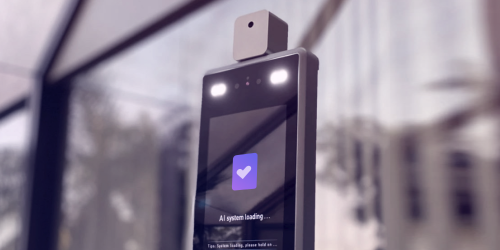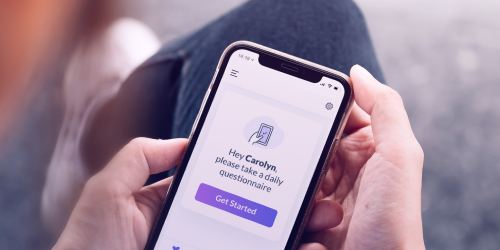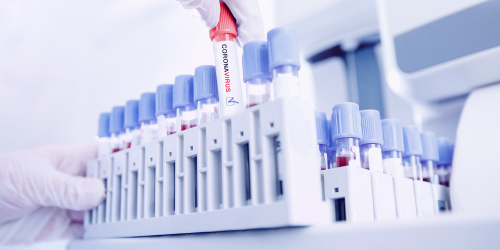
Return to work preventive measures for employees

COVID-19 Test Kits for Beauty and Personal Care
*From 15 minutes to 48 hours for antigen test. 24-48 hours for PCR testing.
TrueCare24 partners with employers to deliver onsite antigen, antibody and PCR testing.
We put medical professionals onsite to rapidly test your workforce as they arrive for work or throughout the workday. Our flexible, turnkey programs integrate with and strengthen your company’s COVID-19 response strategy.

Early detection and control of COVID-19 in schools and educational institutions.

Plan various size gatherings during COVID-19 with plenty of virus control measures.

Increase travel industry compliance with measures to stop the spread of coronavirus.

Plan the safe reopening of beauty and personal care businesses.

Learn how to manage your Food & Beverage facilities during COVID-19.

COVID-19 tests and virus control services to protect your workforce.

Coronavirus control and testing services for Real Estate offices and buildings.

Keep your workers and shoppers safe during the pandemic.

Wholesale and retail trade COVID-19 control services for your workplace.
 The staff returning to work at Rudin Management’s New York office has been checking symptoms using an app from a company called TrueCare24...Samantha Rudin the Rudin Management senior vice president
The staff returning to work at Rudin Management’s New York office has been checking symptoms using an app from a company called TrueCare24...Samantha Rudin the Rudin Management senior vice president Gov. Polis, in Partnership with Denver County and TrueCare24, Launches Community Vaccination Site at Ball Arena.Jared Polis Governor of Colorado
Gov. Polis, in Partnership with Denver County and TrueCare24, Launches Community Vaccination Site at Ball Arena.Jared Polis Governor of Colorado I am writing this letter to recommend the services of TrueCare24 and to share my enthusiasm for the excellent service they provided to Gettysburg College during the fall of 2020 during the extraordinary COVID 19 pandemic...Julie L. Ramsey Vice President of college and Dean of Students
I am writing this letter to recommend the services of TrueCare24 and to share my enthusiasm for the excellent service they provided to Gettysburg College during the fall of 2020 during the extraordinary COVID 19 pandemic...Julie L. Ramsey Vice President of college and Dean of StudentsInnovative solution of employees' health monitoring for companies
Learn MoreDaily employee health checks to safely assess risk
Learn MoreTailored to your needs COVID-19 bulk testing for your business
Learn MoreVaccination program for companies & institutions in the effort to push health equity to the next level
Learn MoreCOVID-19 Virus Testing for Employees
The high volume of travel over Thanksgiving break calls for more testing...
Safe reopening: things to keep in mind when returning to work





